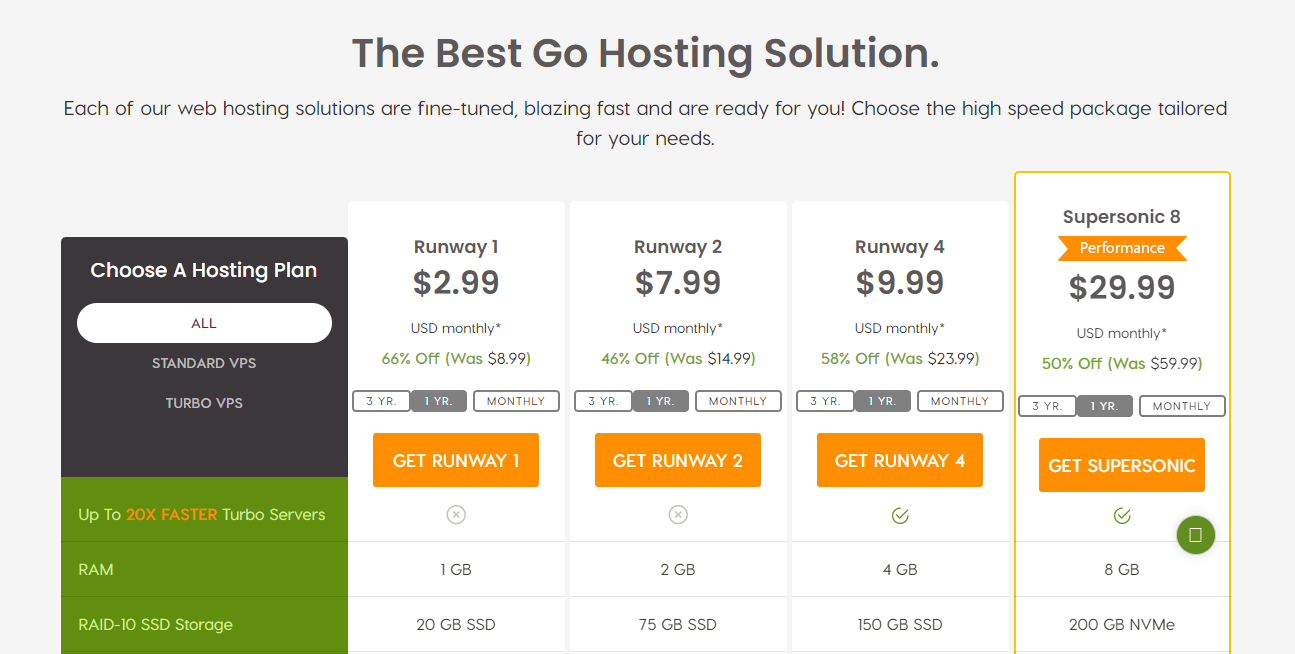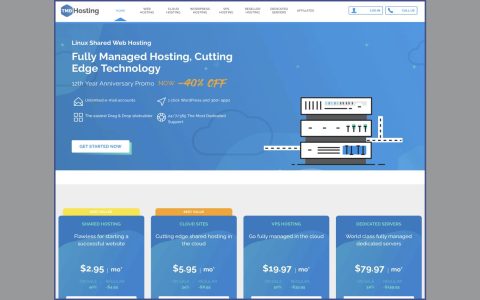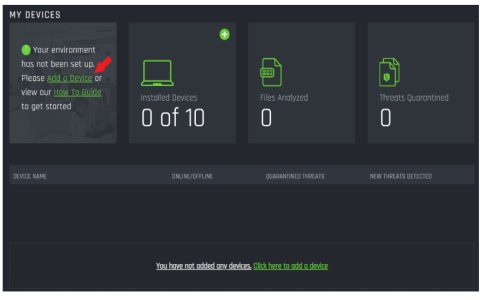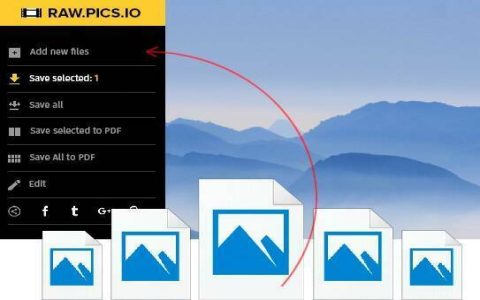Why Golang Hosting Matters
Choosing the right hosting platform significantly impacts deployment speed, scalability, maintenance burden, and cost-effectiveness for your Go applications. Factors like deployment simplicity, integration with modern architectures (containers, serverless), managed services, and cost models are critical.
Critical Hosting Considerations for Go
Key factors when selecting a hosting provider:
- Deployment Method: Support for Go binaries, container deployment, or Git-based CI/CD pipelines.
- Runtime Control: Granularity needed over the OS and runtime environment.
- Scalability: Ability to handle traffic spikes effortlessly.
- Managed Services: Availability of managed databases, caching, and other infrastructure.
- Cost Structure: Pricing model complexity and predictability.
Comparing Top 5 Golang Hosting Providers
AWS (Amazon Web Services)
AWS provides extensive infrastructure options:
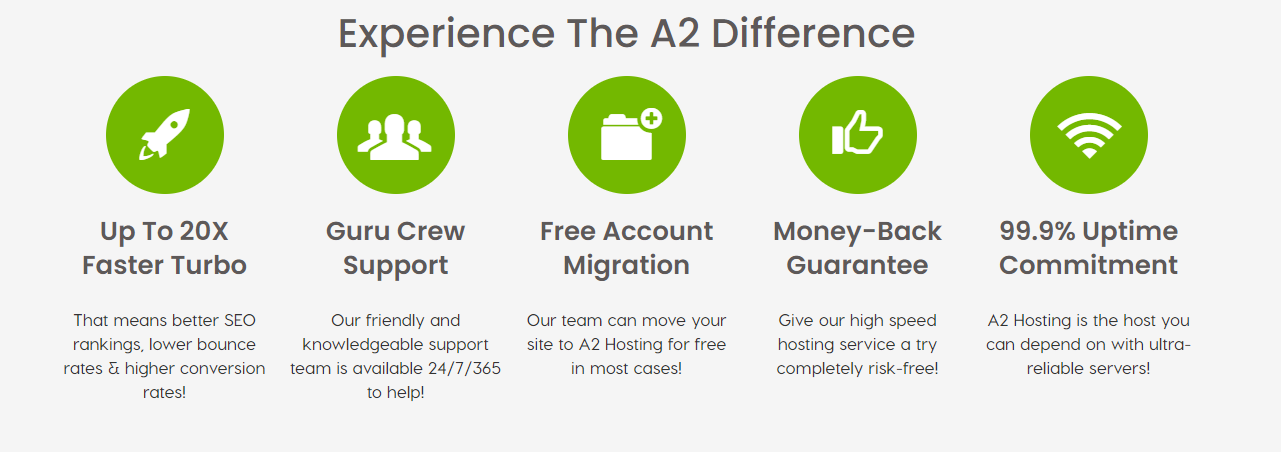
- Strengths: Unmatched breadth of services (EC2, ECS, Fargate, Lambda), robust global network, mature managed offerings (RDS, ElastiCache), high configurability.
- Best For: Complex applications requiring deep integration with cloud services, enterprises needing compliance features.
- Consideration: Pricing complexity, significant configuration effort.
Google Cloud Platform (GCP)
GCP excels in managed Kubernetes and serverless:
- Strengths: Seamless Go runtime integration, powerful Google Kubernetes Engine (GKE), highly efficient Cloud Run (serverless containers), strong networking.
- Best For: Kubernetes-focused deployments, containerized Go apps needing autoscaling, serverless microservices.
- Consideration: Some managed services less mature than competitors.
Microsoft Azure
Azure offers strong enterprise integration:
- Strengths: Excellent enterprise integration tools, hybrid cloud solutions, fully managed Azure Kubernetes Service (AKS), Azure Functions serverless.
- Best For: Enterprises embedded in Microsoft ecosystem, Windows/Linux hybrid applications.
- Consideration: Portal experience can be complex, pricing opacity.
DigitalOcean
DigitalOcean prioritizes developer simplicity:
- Strengths: Very simple and predictable pricing, straightforward deployment via App Platform (build from Git) or Droplets (VMs), excellent documentation.
- Best For: Small to medium workloads, teams valuing ease of use and cost transparency, startups.
- Consideration: Service breadth less than hyperscalers, smaller global footprint.
Heroku
Heroku offers a fully managed Platform-as-a-Service (PaaS):
- Strengths: Extremely simple Git-based deployment, completely managed infrastructure (no OS/Runtime patching), Heroku Postgres and Redis add-ons.
- Best For: Rapid prototyping, microservices, teams prioritizing developer velocity over infrastructure control.
- Consideration: Higher cost at scale, limited runtime customization, vendor lock-in concerns.
Choosing the Right Provider
Prioritize based on your project's specific needs. For ultimate simplicity and speed, Heroku or DigitalOcean App Platform are top contenders. For deep Kubernetes integration or serverless, GCP shines. AWS and Azure offer maximum flexibility and enterprise-grade features. Evaluate trade-offs between control, abstraction level, and cost.
